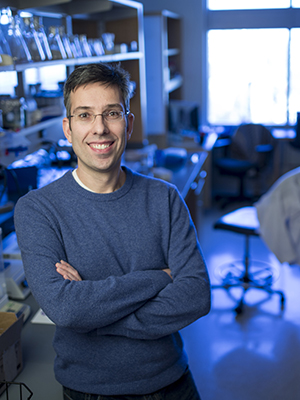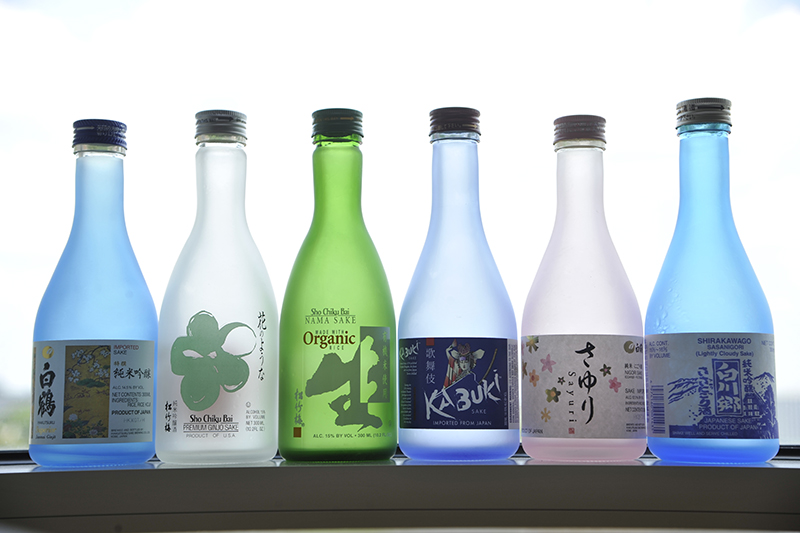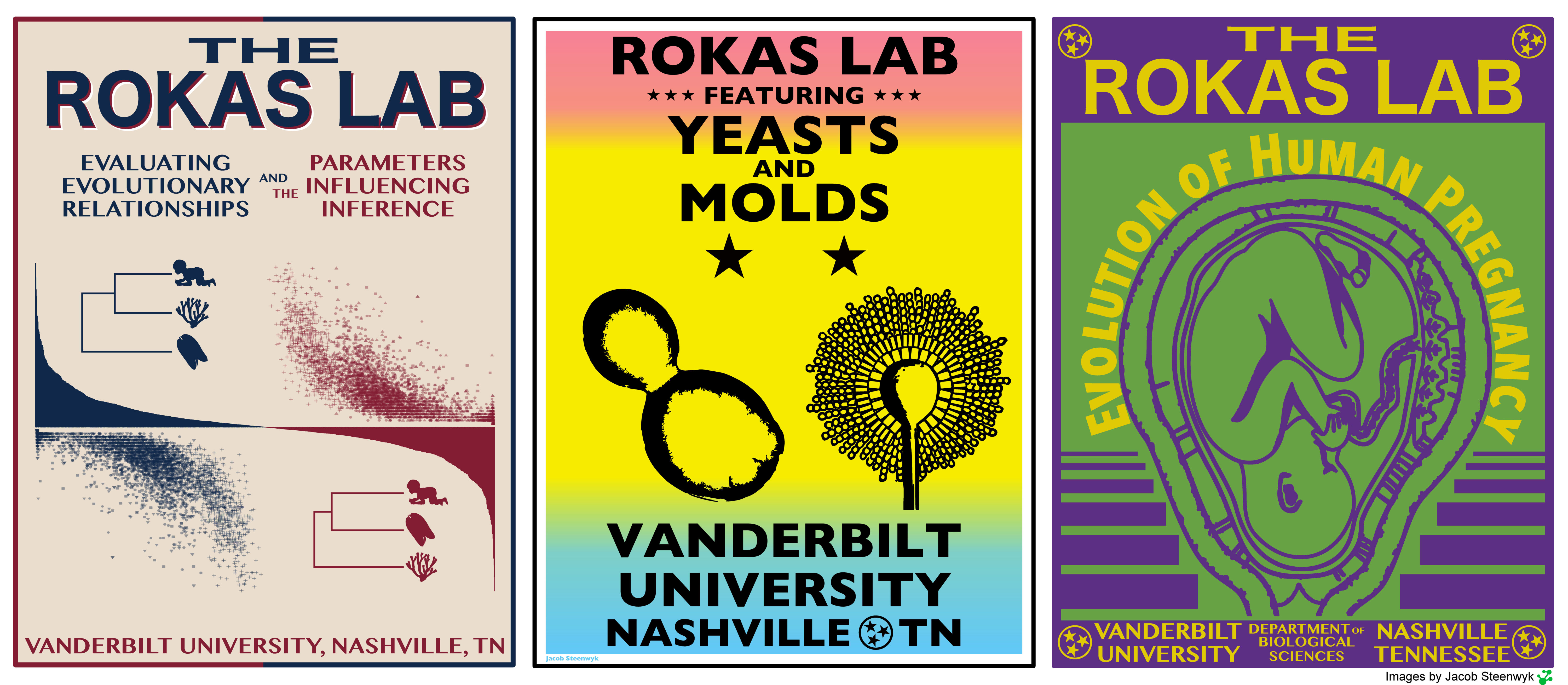Antonis Rokas elected fellow of the American Association for the Advancement of Science

Antonis Rokas, Cornelius Vanderbilt Professor of Biological Sciences, has been elected a fellow of the American Association for the Advancement of Science (AAAS). The lifetime honor, first awarded in 1874, recognizes pre-eminent scientists who engage in pioneering research; excel at teaching, mentoring, and collaborating; and advance public understanding of science. The AAAS said in a statement that Rokas, an evolutionary biologist, was elected as a fellow for his outstanding contributions to his field, “particularly [for] combining phylogenetic and molecular approaches to study the evolution of fungal and animal genomes.” Previous honorees include famed STEM pioneers such as inventor Thomas Edison, sociologist W.E.B. Du Bois, and Nobel Laureate and chemist Jennifer Doudna, co-inventor of the Crispr gene-editing technology.
Rokas’s distinguished career began in Greece, where he was born and raised. He was always interested in science and, as a young student, hoped to attend medical school. At the time, however, the Greek educational system relied entirely on four three-hour exams to determine students’ college paths. Rokas’s scores didn’t quite meet the threshold for pre-medical study, but he did score high enough to study biology at the University of Crete—a redirection he now sees as a blessing.
“From my first year of college, I really liked ecology and anything to do with organisms and going out in the field. But I still wasn’t clear on what I wanted to do,” Rokas said. “Taking a course on evolution was a transformational experience. Through an evolutionary framework, I began to understand biology as a whole. After that, the path was clear: I was going to become an evolutionary biologist.”
After earning his undergraduate degree, Rokas obtained a Ph.D. at the University of Edinburgh. He then completed a postdoctoral fellowship at the University of Wisconsin-Madison and worked as a research scientist at the Broad Institute before joining Vanderbilt’s College of Arts and Science Department of Biological Sciences in 2007.

Rokas has both witnessed and contributed to transformational advances in his field since earning his Ph.D. in 2001. Just a year earlier, President Bill Clinton and UK Prime Minister Tony Blair announced the first full sequencing of the human genome. Before that point, scientists had only sequenced the genomes of mice, fruit flies, and worms used as animal models; the yeast that makes bread, beer, and wine; and a handful of highly pathogenic microbes. But Rokas said that he and his colleagues now have access to the genomes for thousands of animal and fungal species, not to mention those of more than 200,000 coronavirus strains. Beyond that, millions of people’s individual genomes have been sequenced by researchers, medical providers, and others. Genome sequencing has become so common and affordable, in fact, that an entire industry has sprung up around at-home DNA kits for people and their pets.
“I’ve been really amazed at the pace of advancement in evolutionary biology. I could not have foreseen what we’re doing now in my lab. Our studies are based on discoveries and data that simply did not exist when I was a graduate student,” Rokas said.
The Rokas lab focuses in part on the evolution of fungal genomes. Fungi are an integral part of Earth’s ecology and our daily lives. Roughly 90 percent of plants are dependent on fungi for nutrient acquisition, fungi enable the fermentation that is essential to staple foods and drinks worldwide, and fungi’s presence in our environment and our bodies can both cause infection and aid or impede recovery from it. That means Rokas’s work can help answer a number of scientific questions, from how organisms cause infections to how to fight food insecurity and drug-resistant microbes.

Rokas finds evolution exciting partly because of this wide-ranging relevance, which extends well beyond the biological sciences. Findings from his lab and others like it are now enriching not just allied fields, such as chemistry and medicine, but also sociology, languages, education, economics, law, and more. To help harness the power of evolution’s wide-ranging influence, Rokas founded the Vanderbilt Evolutionary Studies Initiative (ESI) in August 2019. The program, now a part of A&S’s Grand Challenge Initiative, connects and supports evolution-focused scholars and research from across Vanderbilt. ESI hosts a seminar series and offers both undergraduate and graduate courses, plus provides grant-writing support, career development, and outreach.
In addition to ESI and his research, Rokas makes an impact at Vanderbilt through his mentoring—a way of paying forward the support he received during his early years. One of his favorite things about the College of Arts and Science, he said, is its 7-to-1 student-faculty ratio “because it means I really get to meet my undergraduate students and have them participate in the lab’s research.” And together with graduate student Jacob Steenwyk, he recently won a Gilliam Fellowship for Advanced Study from the Howard Hughes Medical Institute. The fellowship recognizes and supports mentors who excel at advancing diversity in their labs and students who show strong potential to become leaders in their fields. Rokas’s focus on his students and postdocs also shines through when he considers the significance of becoming an AAAS fellow.
“This award really is for the people, past and present, in my group. I’m the figurehead who gets the honor, but it represents the hard work of talented people who have entrusted their careers to come and work in my lab,” he said. “Without the students and postdocs driving the research, I wouldn’t be half the scientist I am today.”
